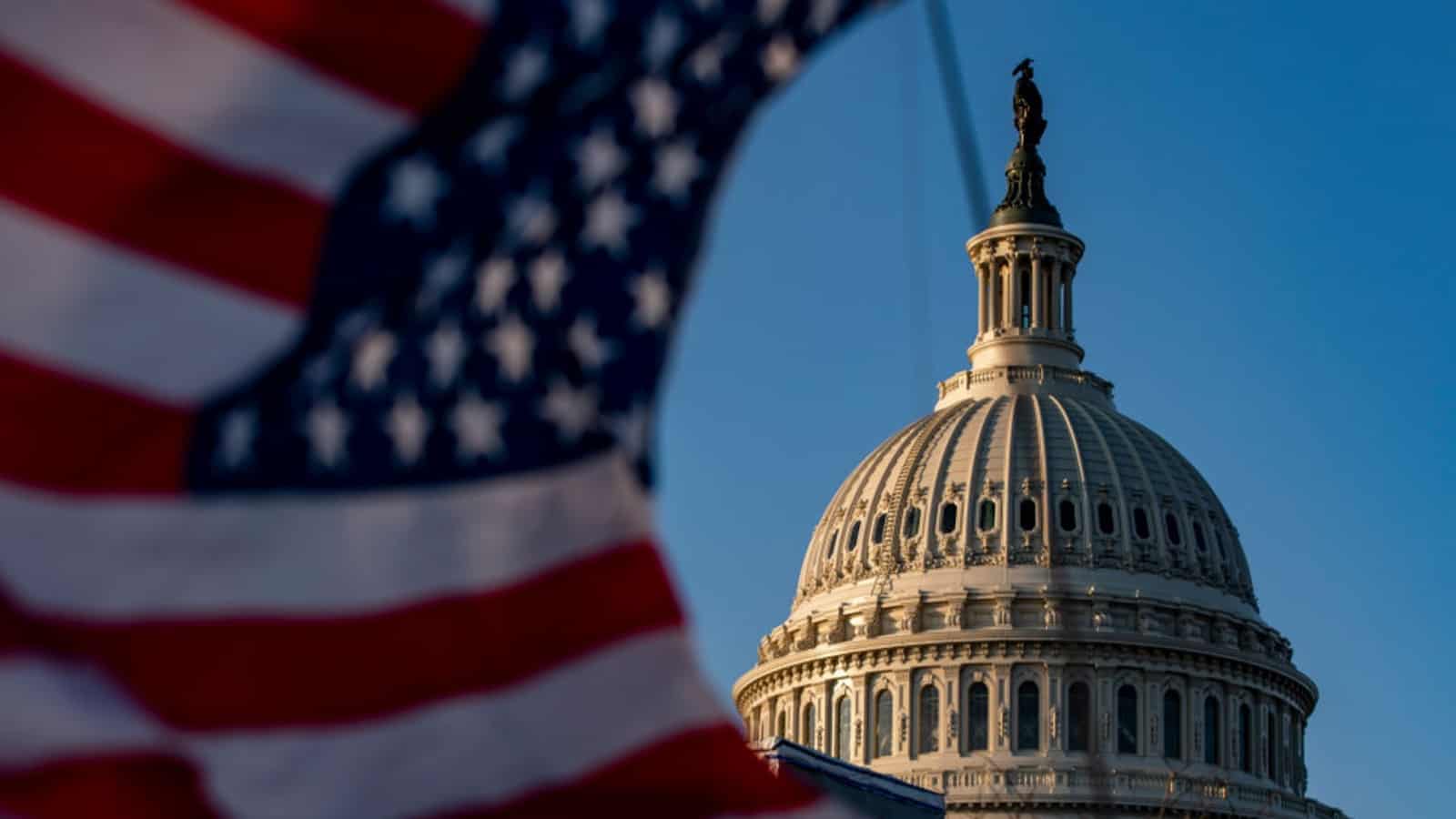
With President Biden set to deliver the State of the Union address Thursday, manufacturing is likely to be in the spotlight once again. At the NAM, we will be listening closely for our key priorities—those that have been achieved and those still in progress.
Promises kept: President Biden has been a partner on a range of issues that are key to manufacturers across the United States. We hope he will outline how pro-growth legislation has helped set the stage for manufacturing growth, with industry employment reaching a 15-year high.
- CHIPS Act: The CHIPS and Science Act marked a major push to boost manufacturers’ competitiveness, supporting large and small businesses up and down the supply chain by investing in domestic semiconductor production and funding programs to support the STEM workforce, advanced technology development, excavation of critical minerals, clean energy and more.
- Bipartisan Infrastructure Bill: President Biden secured a bipartisan $1.2 trillion infrastructure bill, a long-sought, major achievement for manufacturers throughout the country, offering transformational upgrades and significant investments in America’s manufacturing capabilities.
- Inflation Reduction Act: Some of the provisions in the Inflation Reduction Act supported manufacturers across the United States, with direct investments and tax credits generating a major increase in manufacturing construction and jobs.
- Ukraine: The Biden administration has been unwavering in its support of Ukraine. The NAM—which in March 2022 passed a unanimous resolution denouncing Russia’s invasion of the country—has kept the pressure on Congress to pass the stalled Ukraine aid bill.
Progress to come: But this progress will be undermined if the Biden administration continues to issue onerous regulations and call for policies that make it harder to innovate, invest and expand in America. The NAM is working hard to push back against items that would harm manufacturers and encourage the president to refrain from pursuing policies that will make us less competitive.
- Taxes: The NAM is pushing back against any new taxes or attempts to increase tax rates on manufacturers, and we are pressing for tax policies that will make it easier to invest in the future—including the “tax trifecta” found in the recently House-passed Tax Relief for American Families and Workers Act. The NAM urges the Senate to approve these business tax provisions quickly.
- Protecting intellectual property: Late last year the administration proposed invoking “march-in” rights to seize the patents of any products it deems too costly—if those innovations were developed in any part with federal dollars. This move, which would open the door to similar actions in other sectors of manufacturing, would undermine manufacturers’ IP rights, disincentivize early-stage entrepreneurship and dissuade capital investment, all of which could jeopardize our ability to develop future cures. This is just one example of how actions that undermine manufacturers’ IP can have dangerous unintended consequences.
- Regulations: Burdensome rules—such as the tighter National Ambient Air Quality Standards from the Environmental Protection Agency and the Department of Energy’s recent freeze of liquefied natural gas export permits—are preventing manufacturers from creating jobs and harming U.S. competitiveness. We need to end the regulatory onslaught and give manufacturers the chance to grow.
- Energy: Manufacturers in America are at the forefront of the planet’s work to reduce emissions and promote sustainable energy. But to be effective, we need to embrace an all-of-the-above energy strategy that uses the fuel we have while developing the tools we need.
- Immigration: Immigration and border security reforms must be a priority for the administration and Congress. Inaction poses significant economic risks—especially at a time when manufacturers have 600,000 open jobs. Manufacturers are leading on bipartisan solutions, like those found in our A Way Forward plan.
The last word: “Our commitment is to work with anyone, and I truly mean anyone, who will put policy—policy that supports people—ahead of politics, personality or process,” said NAM President and CEO Jay Timmons. “Because here’s what I know: Manufacturers are building an incredible future for our country and our world. And we need partners in the federal government who will work with us to reduce burdens on manufacturers and manufacturing workers, rather than creating barriers to our success.”
Learn more: For more information on the state of manufacturing, check out the 2024 NAM State of Manufacturing Address here.
The post Previewing the State of the Union appeared first on NAM.
Originally published on National Association of Manufacturers: Original article